Around Beauty Meetup #11: To live a Purpose Driven life based on what you "love"
2022.07.1"Around Beauty Meetup" is a gathering of various innovators in and outside of the company related to beauty, and this time, the 11th in the series, we welcomed Ms. Hinako Saldi Sato, a musician, educator, and community leader who is active in a wide range of fields in Japan and abroad under the theme of "Creativity played by a glocal musician -Rethinking outside of the box-".
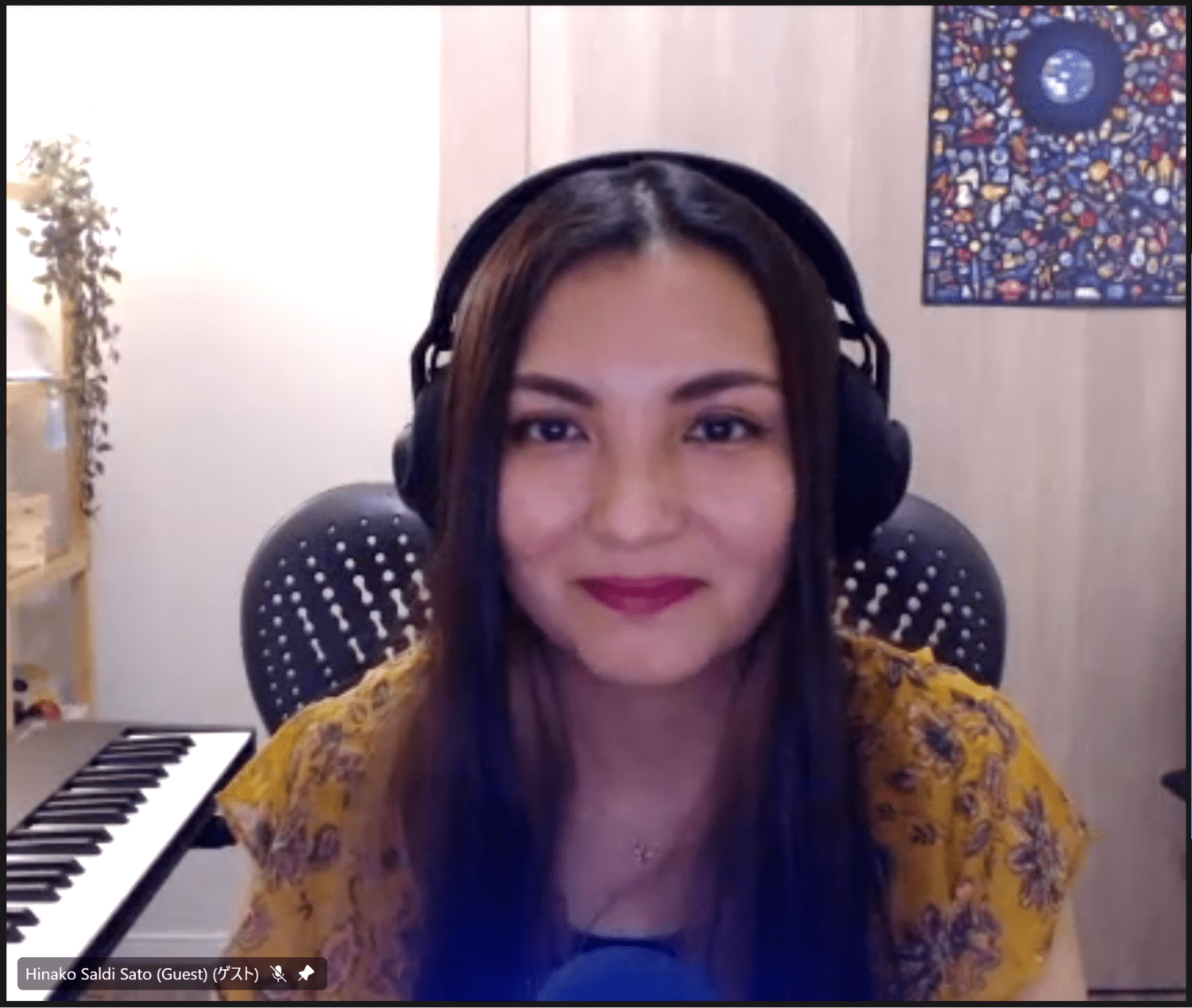
The event began with an opening speech by Tomonori Toyoda of fibona. Unlike previous sessions, he introduced himself by focusing on what he likes rather than his affiliation or title, saying, "I am Toyoda, a fan of manufacturing and team sports. Since personality and one's axis are important factors in this session, he welcomed the participants by telling them, "Please enjoy the session while thinking about where your axis lies.
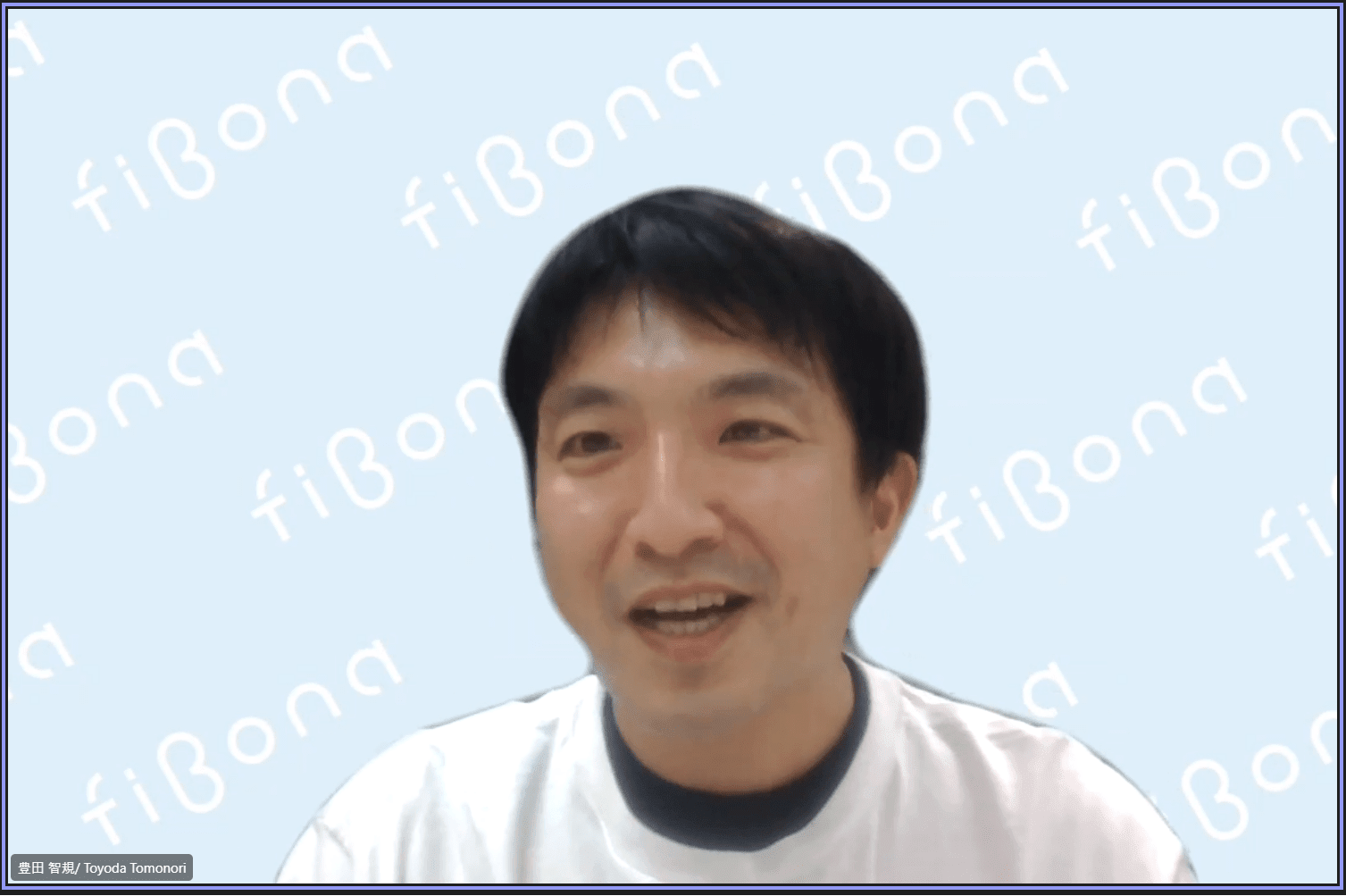
Possibilities have expanded infinitely as a result of sticking to “like”
After an icebreaker for participants to think and share their own "likes," the Meetup moved on to Ms. Saldi's presentation. she began her presentation by introducing her own "likes. Her three "likes" were art, communication, and community. But more than that, what she "likes" or values is an environment where she can continue to learn without being bound by existing labels or frameworks, and a flexible way of working and living.

Ms. Saldi is not only a musician but also a freelancer. She has been an interpreter and translator between Japan and the U.S., has been involved in various short-term training programs in the U.S. for Japanese junior and senior high school students for many years, and is also a public speaker. She co-founded the "Japanese Boston Women's Group" with fellow Boston residents, which has grown into a community of over 450 participants and regularly holds reunions in Japan. She is a board member of the Boston chapter of WOMEN IN MUSIC, an organization dedicated to gender equality in the music industry, and was also involved in the launch of the Japan chapter.

Free from the "Should" and regain your "Like"
The trigger that led her to choose this multi-faceted way of life was her experience at the Berklee College of Music, a prestigious institution in the world of popular music, where she entered after graduating high school.
At first glance, the world of musicians seems creative and free, but in reality, there are many stereotypes and frameworks of what one "should" do. For example, "You are not a full-fledged musician until you make your major label debut," and "The front person is the success, and backstage or non-musical work is a failure as a musician.
In addition, there are also "ought-isms" unique to Berklee students, such as, "As a student of Berklee College of Music, you are expected to study jazz," and "You are only real if you are appreciated by your professors and peers."

Berklee students who dive into such a harsh environment are
not only talented but also diligent. Ms. Saldi says she felt
like she was a very small person under the pressure. I knew
I had an identity outside of music, but I felt like that
wasn't enough. I was worried that I might be a disqualified
music student if I didn't fit the definition or equation of
success," she recalls. Having lost sight of what she
"loved," she no longer found meaning in her life of
practicing 10 hours a day, and decided to take a leave of
absence.
She traveled to Spain. The three months she gave up music
were a time to gradually regain what was important to her
while learning about history, language, and culture. She
said, "During our jam sessions, it doesn't matter what
degree or education you have. You can understand each other
through music. I realized that's what my favorite part of
the time is all about, blending into the community, eating
good food, and laughing with each other."
Afterward, she switched her major from piano to music
business management and returned to school. Instead of
focusing solely on jazz, she broadened her activities to
include exposure to traditional music from around the world,
minored in art history, and began working as a volunteer
staff member at an art museum. She could find the idea that
if there were no path, she would make one by herself, which
was fine with her.

Mission clarified through encounters and dialogue with mentors
Another turning point for Ms. Saldi came when, as she approached 30 years of age, she met and was mentored by a woman with expertise in neuroscience and linguistics. Intrigued by her unique career as a speech specialist, fluent multilingual speaker, and owner of her consulting firm, she was given the opportunity of coaching. Over several months of dialogue with her, Ms. Saldi could clear her axis and move forward with her subsequent activities.
Subsequent encounters with various mentors have broadened her career path; Women in the music industry who raised their children while working as an artist and serving as panelists. Her late art history teacher guided her toward indicators of the kind of life she wanted to lead, including how to be an educator.
For the past several years, guided by these mentors, her mission has been to create opportunities and environments where people can connect and learn together through music and the arts. She smiled, "At the time, my mission was clear, and my 'loves' were connected. Since then, I have been able to live happily in a purpose-driven way."

The key to a purpose-driven life is to understand and then break down or re-think any assumptions and premises within oneself. To do this, Ms. Saldi said it is essential first to understand the cognitive biases that are present in conversations, venues, and texts. She concluded her presentation by adding that mentors and peers are valuable in recognizing these biases.
Find your own unique view by multiplying several axes.
The second half of the panel talk featured Tsuyoshi Ohtani of MIRAI Technology Institute, whose mission is to develop new things outside the box, and Yuka Hirose of Brand Value R&D Institute, which pursues what people consider "fun" through the development of skincare products.
The first question posed by the moderator, fibona member Takakazu Suzuki, was, "To create a one from 0, how can we go outside the box?" Ohtani shared the idea of "having multiple axes."
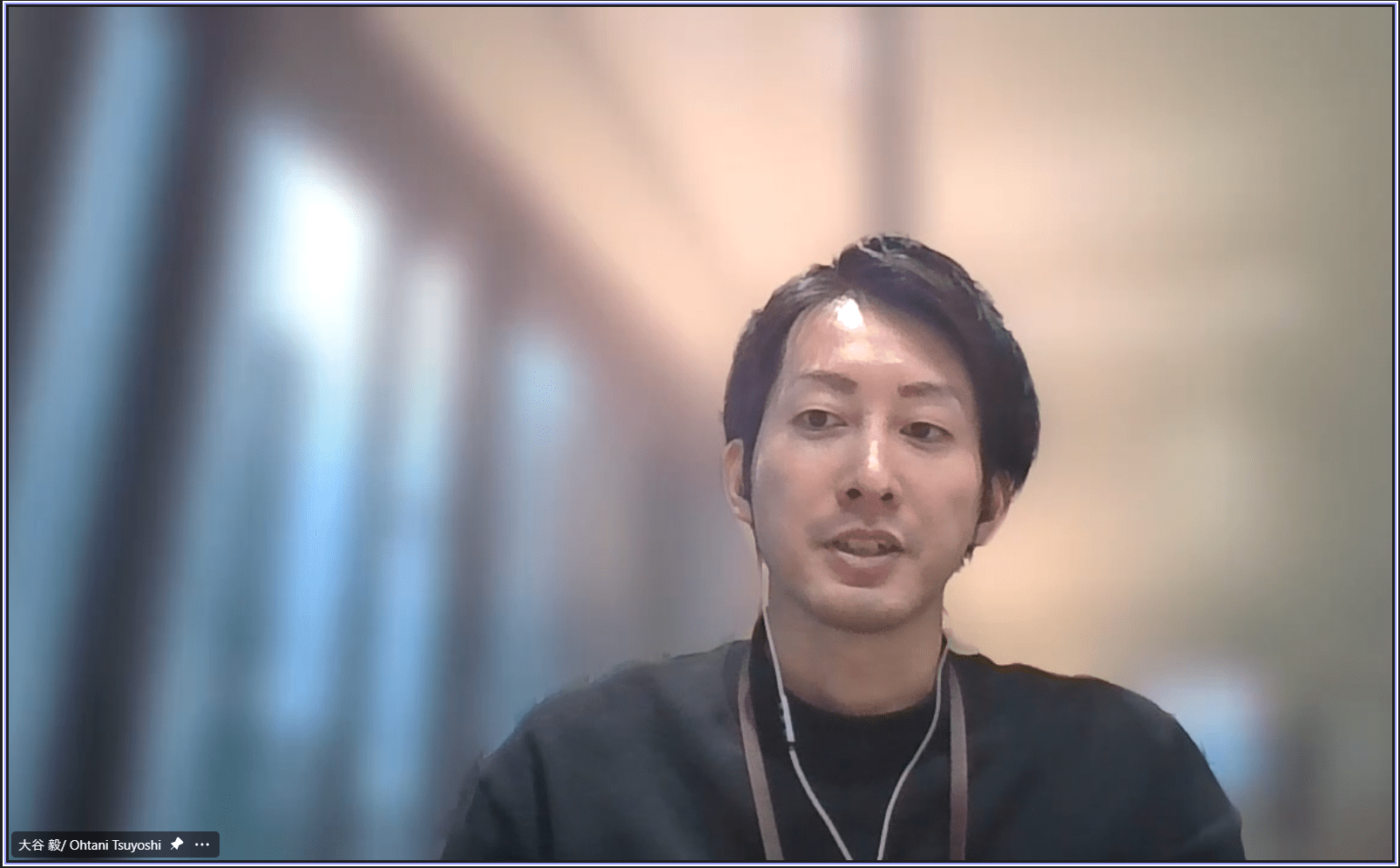
"While it is realistic to start with one's field of
chemistry as the first step in research and development, it
is not necessary to stick to one's area of expertise to
conduct unique research. Crossing multiple axes, such as
biotechnology, computer science, and art, will open up
possibilities. If there is an axis at the level of one in a
thousand, multiply it by three times, and you have one in a
billion, creating a landscape that one person can only find
in Japan and a few people in the world," Ohtani
explained.
Hirose, in contrast, confessed that she was too curious to
narrow down her axes. Ms. Saldi responded, "I think it's
okay to have a flexible axis. It is good to switch between
these three this week, for example, to gain discoveries or
create new action opportunities."
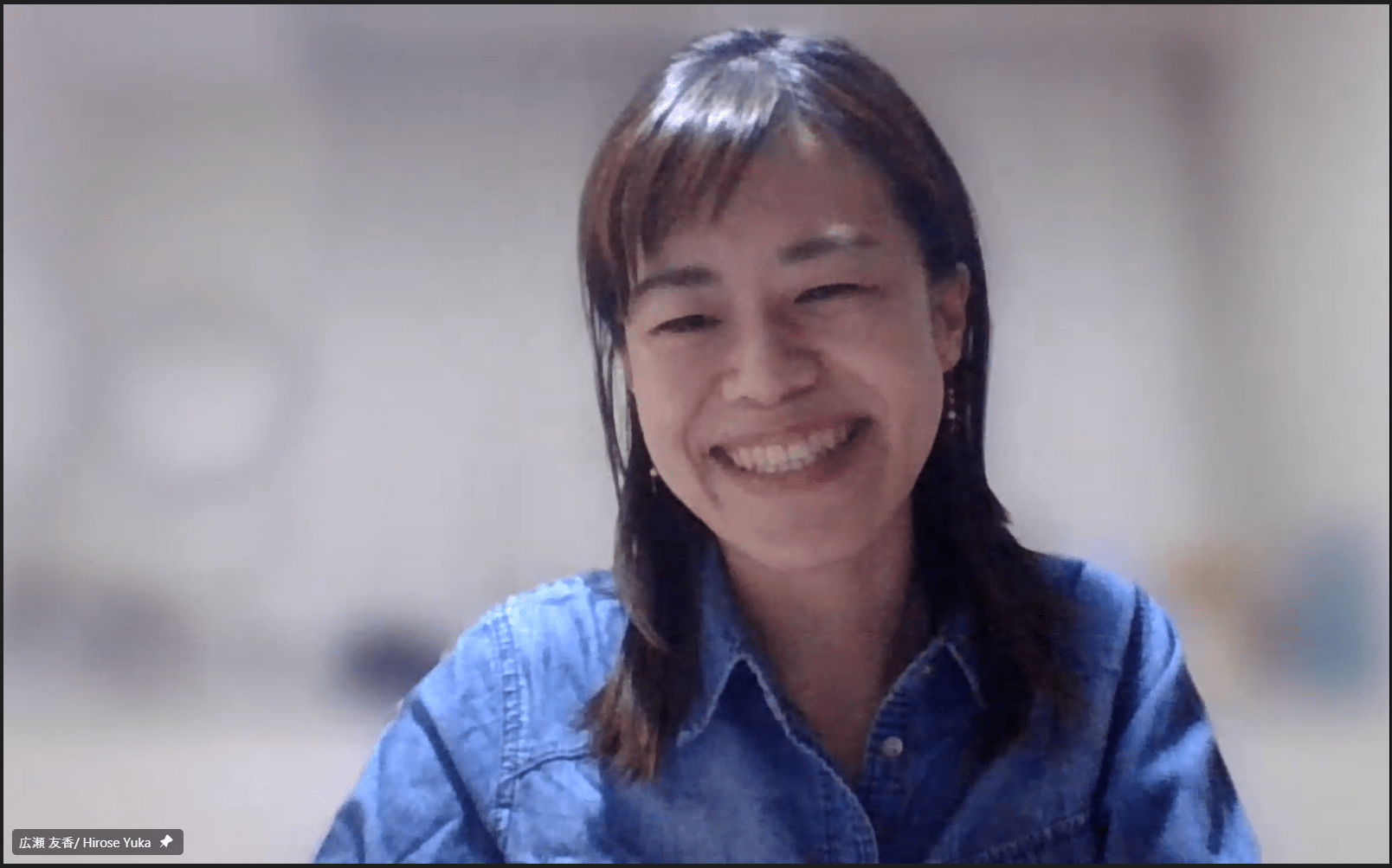
In response to this comment, Hirose said, "If your axis is fluid, it can be considered that you can do a lot of multiplication. It may be important to say, "I'm into this right now," without fear.
Cultivating an environment that encourages challenges and constructive exchange of ideas
While it is important to think outside the box, the company's mission and the brand's core values are inseparable from organizational people. Hirose consults with us, "I am wondering how to find a happy place for both sides." Ms. Saldi, who took the new step from freelance to corporate employee two years ago, recalls how she consciously chose organizations with a purpose close to her own from the job-hunting stage.
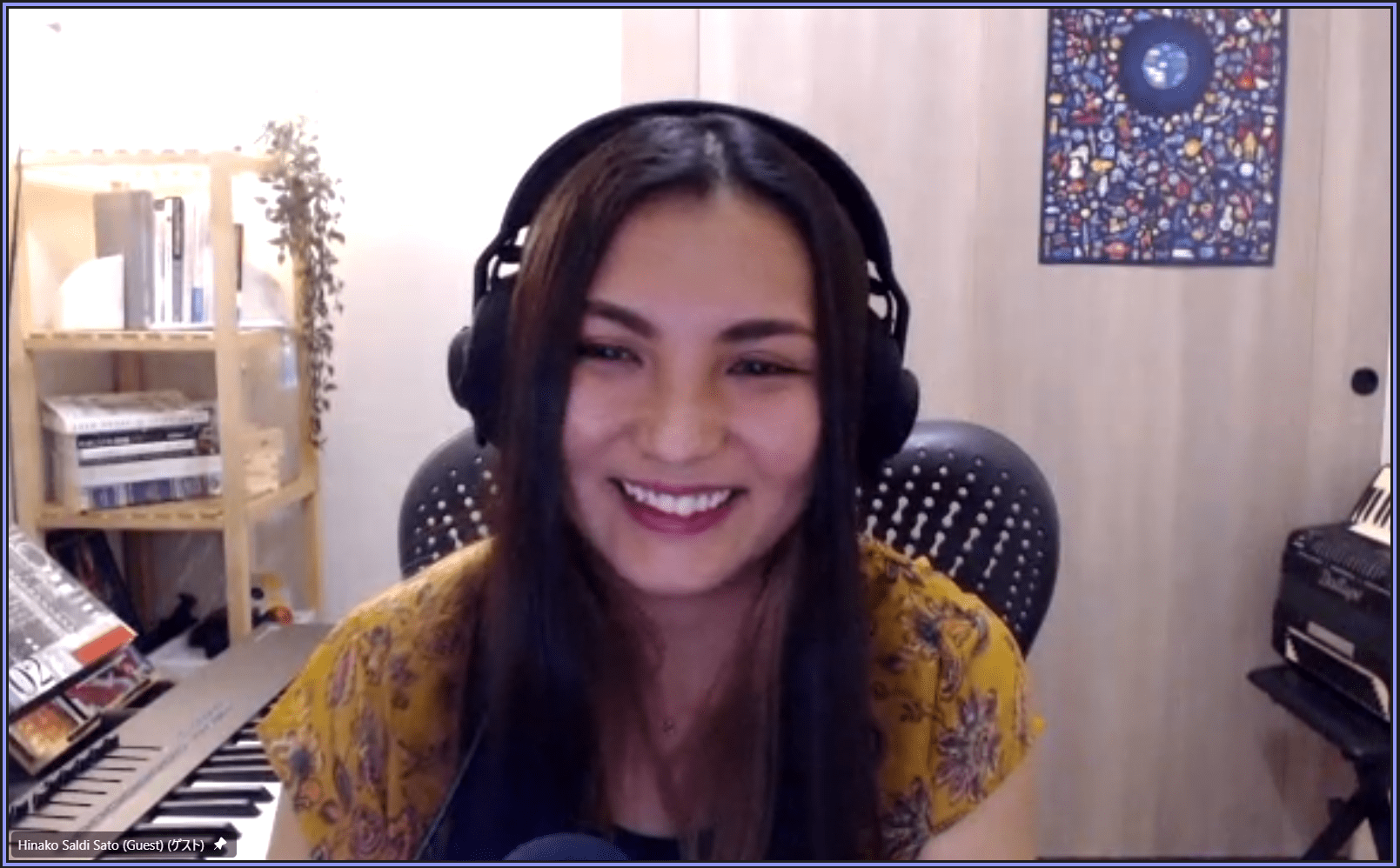
Ms. Saldi added that to know one's axis, it is vital to
think about it in one's head and feel "this is important"
and "I like this" based on experience. She commented that
sharing time with others and finding a mission that makes
you feel sink in through dialogue and experimentation is the
key to knowing your axis.
Ohtani also profoundly agreed with the importance of
experience. "I think taking action to improve is the first
step toward success. If something is to be gained by doing
so, we can consider it a great success."
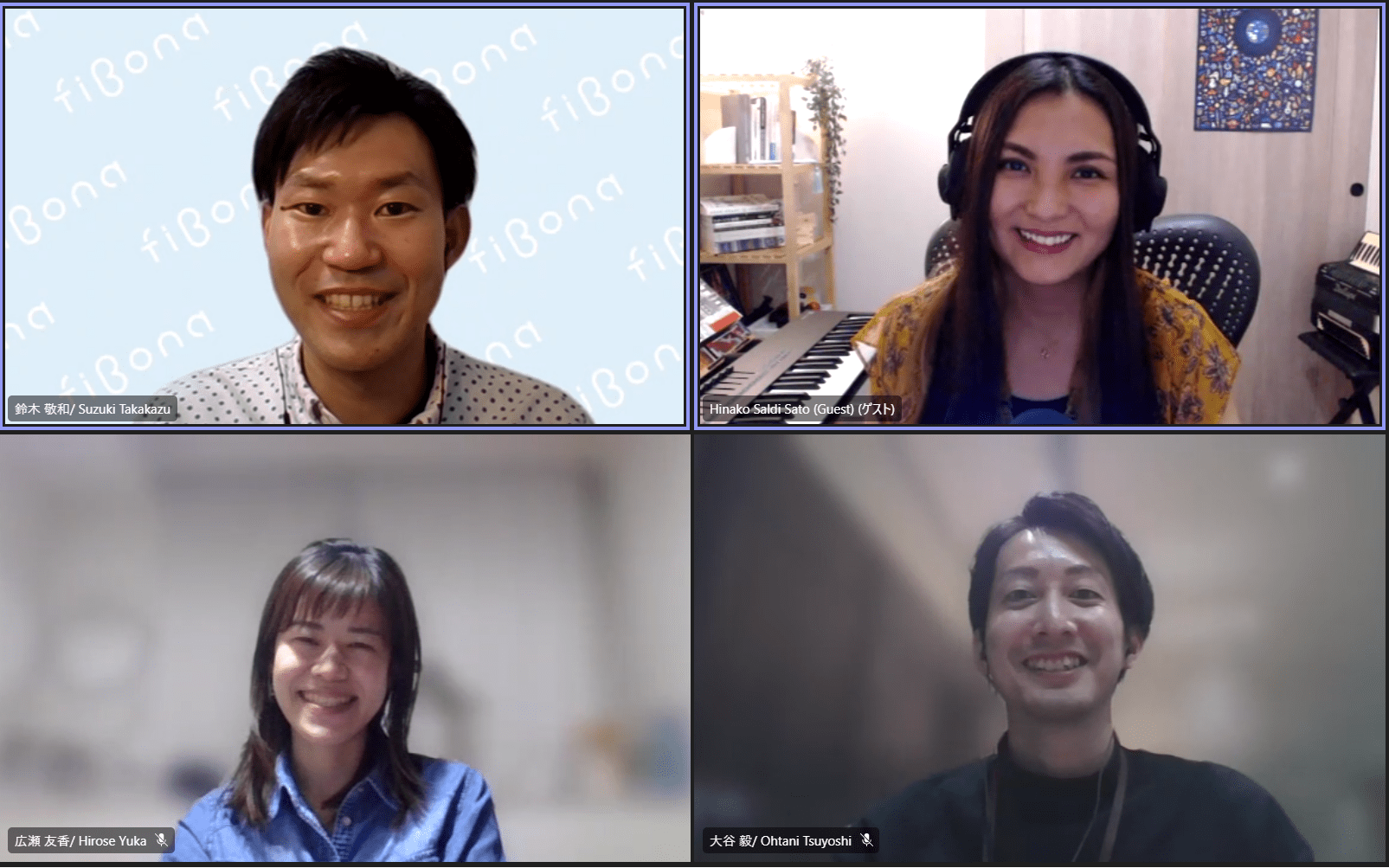
At this point, Suzuki asked for ideas for solutions to
overcome failures, saying, "In the course of working with
Purpose Driven, there must have been cases where things did
not go well."
Ms. Saldy responded and advised, "It doesn't mean failure
because it didn't work. Failure is a learning experience for
growth. Even if it is a good idea, it may not work well in
certain environments or take time. It is also important to
create an environment that encourages a constructive
exchange of ideas and challenges."
As the event reached its climax, participants actively
exchanged opinions in online group discussions. In one
group, the topic turned to communication itself, and a
discussion ensued: Why do we communicate with others? In the
end, the participants landed on a reaffirmation of the
fundamental value of communication, "I enjoy getting to know
the other person," and commented that it was an unexpected
and refreshing experience.
The key to freedom from "Should" is to engage with the outside world
Lastly, Yuko NAKANISHI, leader of fibona, reflected on the meetup as a closing session. The phrase "liberation from 'Should'" left a strong impression on her, she pointed out that "there are many cases in which people are unaware of their entanglement in various 'ought-isms,' both as a company and as an individual.
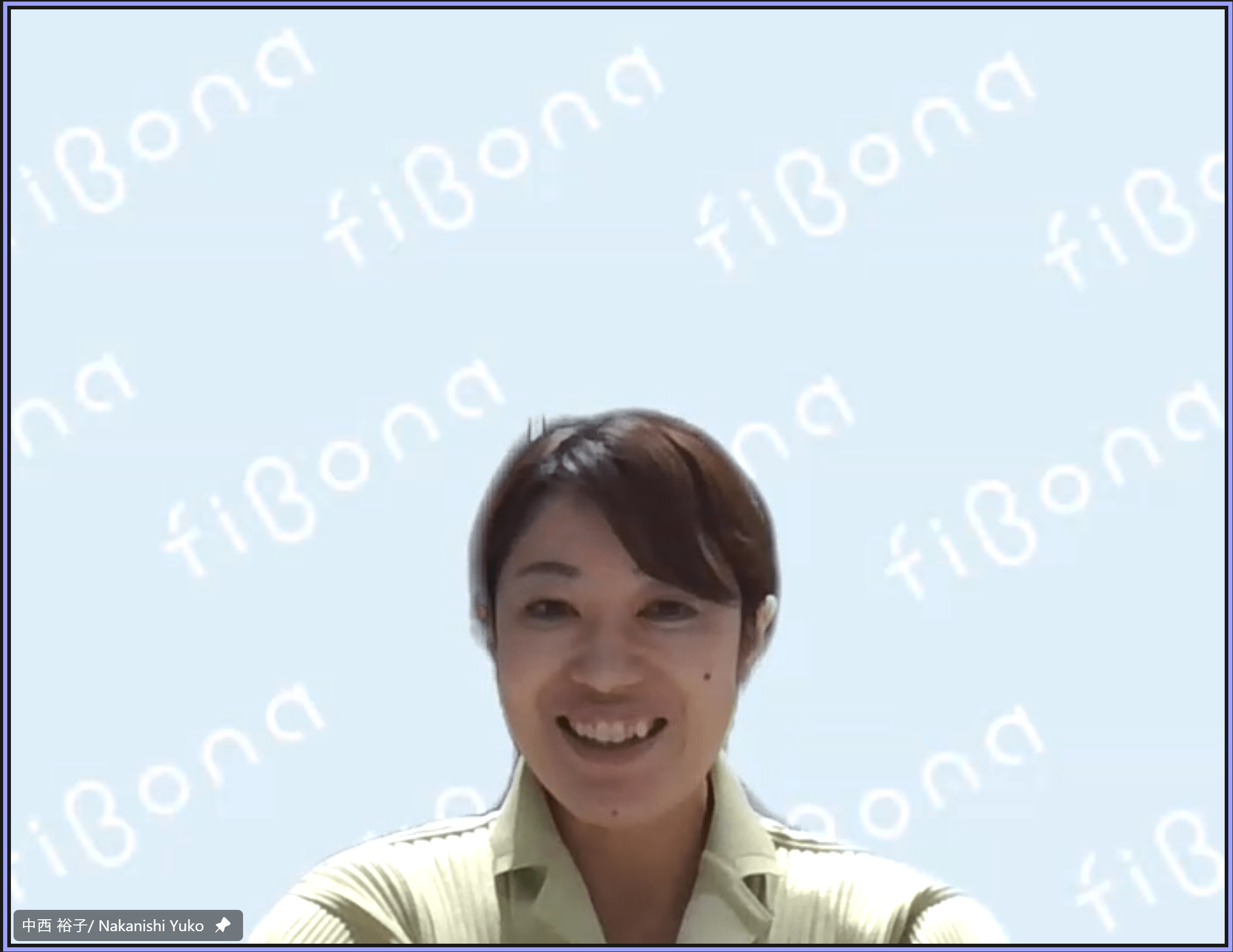
She thinks that the hints to free oneself from such an
ought-ism can be found by getting involved with people who
have different scenery and different ideas rather than
digging into oneself. The meetup closed with hopes for the
future: "I hope this fibona meetup will also be an
opportunity for people to learn about the outside world and
be freed from their own boundaries.
As an attitude of innovation, we try to be "unrestricted
thinking" as much as possible, regardless of affiliation or
framework, but it is not easy. Ms. Saldi's abundant freedom
is based on her "axis of self." To generate creativity, we
would like to start by finding and nurturing our own axis
while gaining awareness from trusted mentors and
colleagues.
[Profile]
Hinako Saldi Sato
An award-winning pianist, educator, marketer, and a
community leader with passion to create opportunities and
platforms for people around the world to connect and learn
through music. After graduating with a BM in Music Business
and Management from Berklee College of Music, Hinako gained
recognition as a performer while working with
internationally acclaimed acts such as Women of the World,
Mario Frangoulis, Zili Misik, and National Arab Orchestra.
She has shared stages with prominent acts including Smokey
Robinson, Angelique Kidjo, Zap Mama, Nona Hendryx, State
Radio, and performed at prestigious venues such as the
Carnegie Hall, Blue Note NY, Odeon of Herodes Atticus in
Athens Greece, Kennedy Center in Washington DC, and many
more. Between 2016-2022, Hinako volunteered to run two
chapters of Women In Music, a 501(c)3 non-profit dedicated
to fostering equality in the music industry through the
support and advancement of women. She is also an advocate
for advancing and elevating the voices of Japanese women
around the world and has been creating numerous networking
opportunities through community work in Boston and Tokyo.
Hinako relocated to Tokyo Japan in September 2020 where she
now works as Head of Education APAC at Ableton KK.
https://www.hinakosaldisato.com/
Project
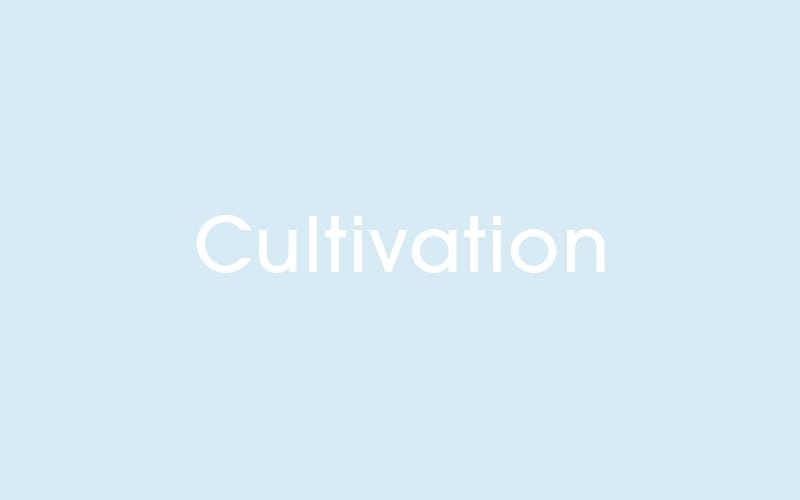
Cultivation
Activity